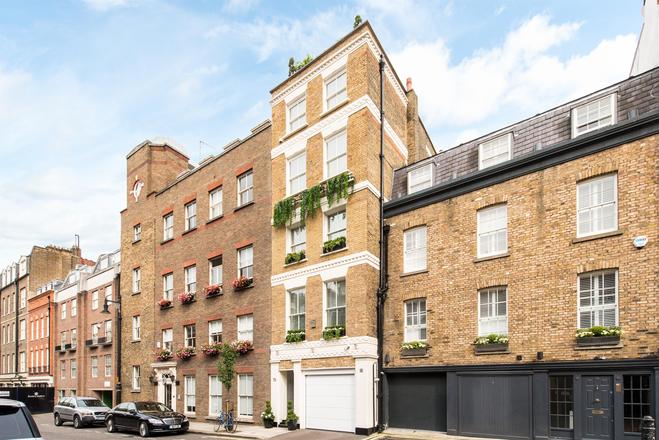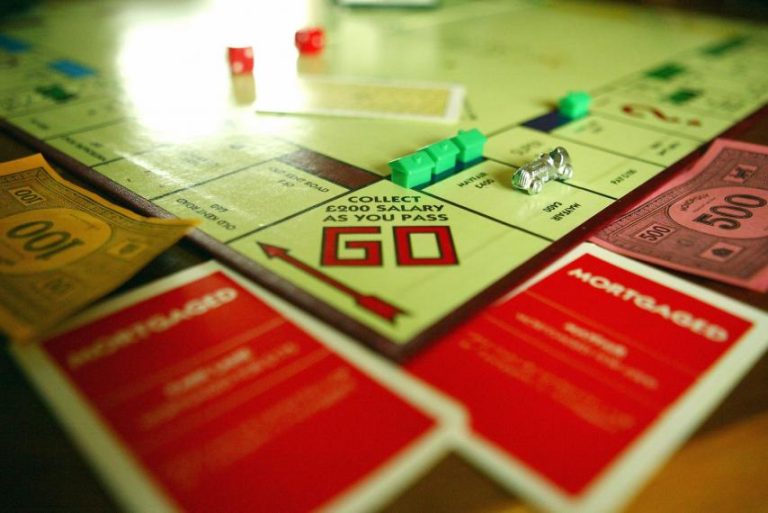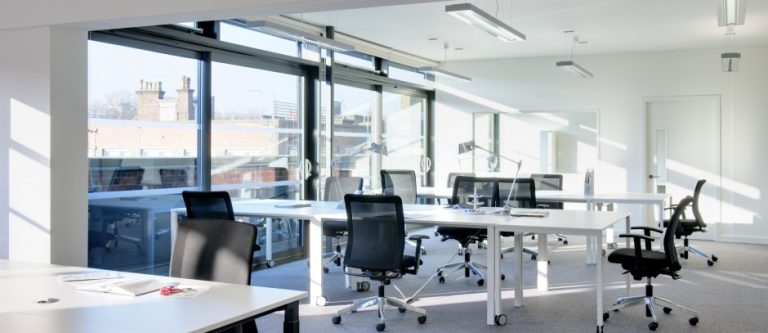There is no doubt about it; the UK is in the midst of a cost of living crisis that is crippling households nationwide. This is distinguished primarily by the rising rate of inflation, with the cost of food and energy continuing to rise exponentially.
Energy is a particular area of concern, with the UK’s so-called ‘big six’ energy suppliers expected to pass on the cost of price hikes to their customers throughout 2017.
This places the onus on home-owners to reduce their energy consumption and monthly expenditure, but this can be difficult for those who live in period homes. With this in mind, let’s take a look at how such individuals can save energy in their properties:
- Get a Smart Meter
In many ways, this is the easiest and most effective way of saving energy in a period home. This is because smart meters enable you to monitor your daily energy consumption, highlighting appliances or periods of the day that are seeing excessive usage.
British Gas can install a smart meter for free on behalf of customers, providing a seamless and cost-effective way to make long-term savings.
The sooner you install a smart meter in your period home, the sooner you can make savings and reduce your energy consumption.
- Invest in Energy-saving Appliances
The use of the word investment is relevant here, as buying efficient and energy-saving appliances can save you huge sums of money over time.
The energy efficiency of an appliance is indicated by rating, with products with a score of A+++ proven to be the best-performing. By upgrading to the highest rating appliances within your period home, you can trigger longer-term savings while also reducing your households’ carbon footprint.
This may require an initial investment, but it is one that will deliver huge returns over time.
- Insulate Your Loft and Repair Sash Windows
On a final note, it is also important to upgrade the insulation in your period home and its external fittings. This is because these structures were built prior to the First World War, and we have seen significant advancements in the material used to construct, heat and secure homes.
Upgrade your hose insulation and make your house more energy efficient. Loft insulation grant is available under the government ECO home scheme. Warma UK an energy grant specialist can help you to access the grants.
You should start by insulating your loft space, as heat rises and tends to escape through the upper floors. Adding a window film with insulating properties help control excess heat, light and glare. Remember, your loft can be insulated with minimal structural work or disruption, while the material used to complete this task can be purchased for as little as £5.40 per square metre.
It also makes perfect sense to replace (or at least repair) your period sash windows. Outlets such as FortisHooke can even remodel contemporary sash windows to replicate a period look, helping you to upgrade and add value to your home while also maintaining its aesthetic.














 Bitcoin
Bitcoin  Ethereum
Ethereum  Tether
Tether  XRP
XRP  Solana
Solana  USDC
USDC  TRON
TRON  Cardano
Cardano  Lido Staked Ether
Lido Staked Ether  Avalanche
Avalanche  Toncoin
Toncoin